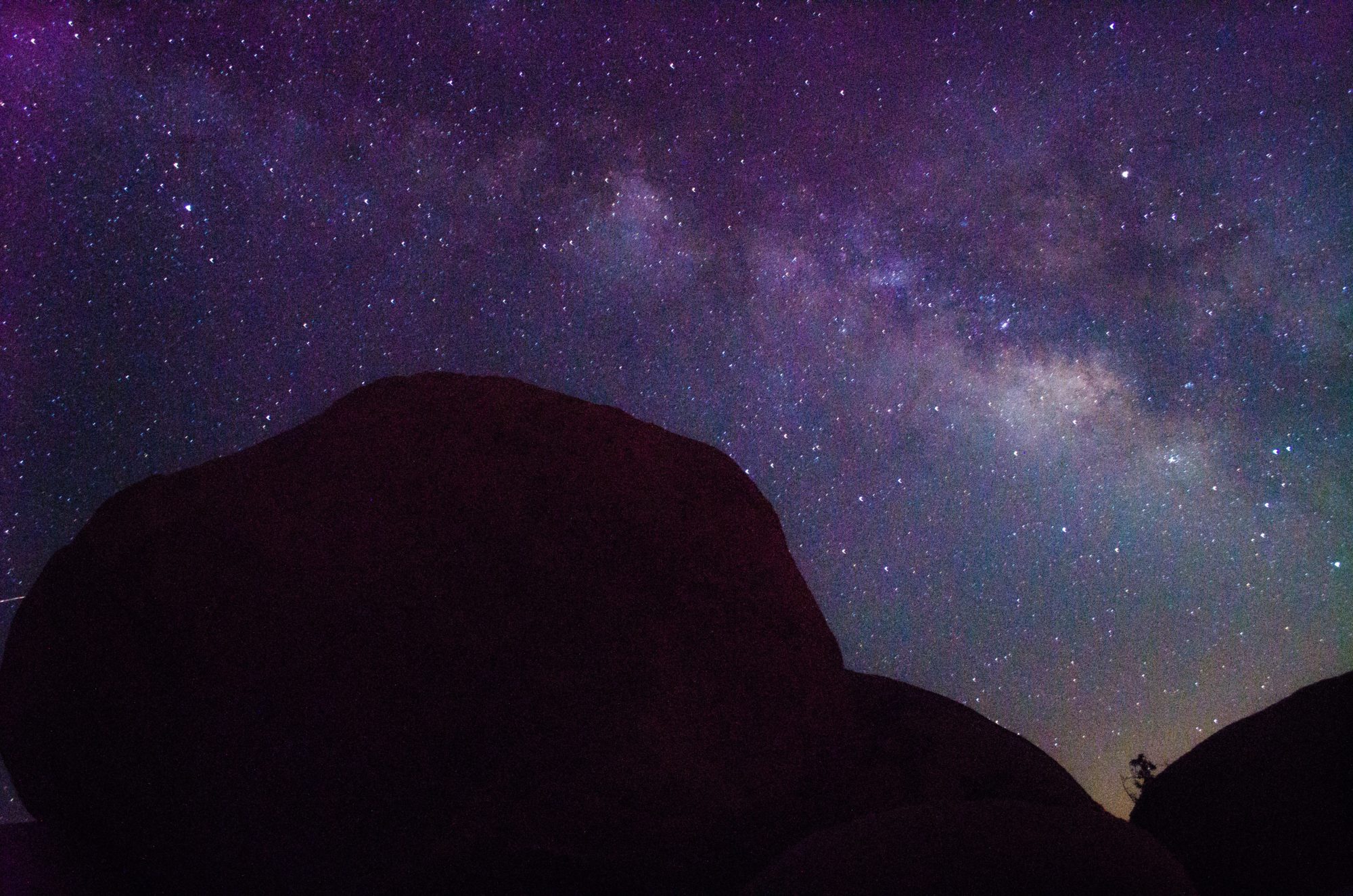
Deep Darkness
A sermon preached at Grace Cathedral, San Francisco on Sunday, March 17th, 2019 (The Second Sunday in Lent, Year C)
Readings: Genesis 15:1-12, 17-18; Luke 13:31-35
In her book, Learning to Walk in the Dark, Barbara Brown Taylor explores the spiritual value of darkness, the ways God works in the shadows of our lives when we fear nothing is happening. She is quick to point out that, although we live in a world obsessed with illumination and riddled with light pollution, there is something we miss when we strive to eradicate darkness. This is true for all humans and especially true for Christians: nearly every pivot point in our salvation narrative happens, not by the light of the blazing sun, but in darkness. The creation of the cosmos occurs in watery, chaotic darkness. Moses and the Israelites cross the Red Sea at night. Christ’s birth happens at night. The Crucifixion happens at mid-day, but, as Jesus draws his last breath, a sudden and mysterious darkness covers the land. And the Resurrection, though we celebrate it by the light of Easter morning, actually happens in the double darkness of the tomb at night. The list goes on and on, suggesting that God does some of God’s best work in the dark.
Today’s reading from Genesis reminds us of another pivot point in our history that happened in darkness – God’s covenant with Abram, God’s promise to bring life out of barrenness, to create abundance from scarcity, and to be faithful until the end of time. The covenant that unites Christians, Jews, and Muslims as siblings who worship the same God is forged in a deep and terrifying darkness – a darkness that appears to be both literal and metaphorical.
Abram’s story reminds us that, if we wish to encounter the living God, we cannot run from the darkness. We can wrestle with it, question it, and yell at it, but we can’t escape it. We know this all too well, still reeling from the news of a white supremacist attack in New Zealand in which dozens of Muslims were slaughtered in their own house of worship. As news of relentless violence and hate continues to assail us from around the globe, it is easy to feel overpowered by the darkness. It is easy to despair, to wonder how bad it will have to get before things get better, to wonder if there even is a way out.
And yet, Abram’s call (and all of Scripture) reminds us that it is precisely in the deepest, darkest, most painful places of our world and in our hearts that God most reliably shows up. That doesn’t mean we need to go looking for darkness or wallow in our suffering. It is a simple but powerful recognition that God is not afraid to visit our deep and terrifying darkness, that God stands with us when we are in panic and pain.
The message of hope that resounds in the darkness, from Abram, to Jesus, to our own day, is simply this: God keeps God’s promises. Always. The timing might not be quite what we had in mind and we will almost certainly be surprised along the way. But in a world that is fickle, unpredictable, and cruel, God is trustworthy. That is the piece of stability that we can pin our hopes on. That is the light that shines in our darkness and that the darkness cannot overcome.
Leave a Reply